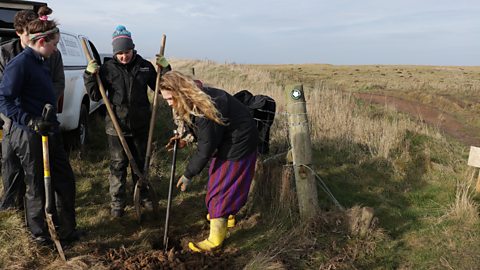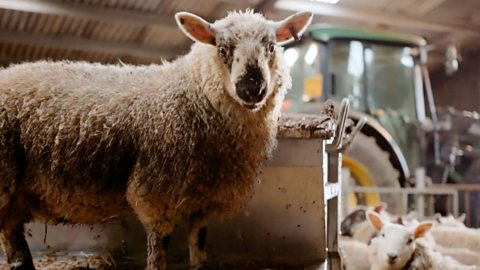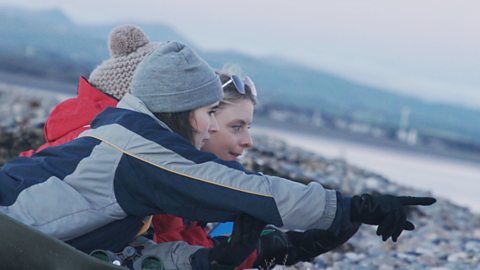Meet Liberty, 21, from Essex, who is on a conservation placement with the Yorkshire Wildlife Trust. Part of our Bitesize world of work series.

We engage with lots of different community projects. Itâs a hugely different experience to being at university and Iâm so lucky to be doing it.

What is your job?
This is a year-long placement, doing a variety of conservation work, like path maintenance, dry-stone walling, fencing, and being involved with the Yorkshire Wildlife team. On Mondays weâre based in the office, which is on a farm, but we always get called out for farm work which is fun! We go out to different reserves around Yorkshire, doing different projects sometimes with the Yorkshire Wildlife Team or the National Trust. We get involved with marketing, comms and engagement too.
What skills do you need?
I hadnât done much of this sort of thing before, so Iâm always learning. The skills Iâm learning are to put myself out there and develop my self-confidence - I try to engage in things that maybe Iâm not so good at, at the moment. This is enhancing my practical skills and my communication skills.
What did you study?
I did English Literature, Music, Drama and Psychology for my A-levels. I wanted to do Biology as well, but people said I wasnât a science person. I started Wildlife Conservation at university, but then I left after three months - it was too much maths and figures.
Is this the job you always wanted to do?
I had to choose between my passion for the environment and my ambition to be a singer. I felt that a music career wasn't enough, but I didn't think I could get a job in conservation because I'm not scientifically-minded. But being in this placement has made me see so many opportunities.
How did you get into your job?
I went to a festival where a woman spoke about a âTomorrow's Natural Leadersâ project, and about active outdoor conservation, so I looked it up, and it was more suited to me than I thought it would be.


Top tips
If you have a passion and a drive, then you can achieve anything, especially on a placement like mine, because they welcome people from all walks of life. It is really empowering and accepting. You can go out with loads of skills to transfer to different things
If you focus on what excites you and stick to that, then other opportunities will arise.

When Liberty has finished her conservation placement, she may go on to be a conservation officer. A similar role is a countryside officer. Countryside officers manage, protect and improve the rural environment.
What to expect if you want to be a countryside officer
- Countryside officer average salary: ÂŁ19,000 to ÂŁ34,000 per year
- Countryside officer typical working hours: 39 to 41 hours per week
What qualifications do you need to be a countryside officer?
You could get into this role via a university course, a college course (such as a Level 2 Diploma, a Level 3 Certificate or a T-level in Agriculture, Land Management and Production - England-only, from Sept 2023) or an intermediate apprenticeship for countryside workers or higher apprenticeship for countryside rangers. Check with your course provider which alternative qualifications they accept. Paid or unpaid work experience can be very useful when applying for jobs. Organisations like , the and offer training for volunteers.
Sources: LMI for All, National Careers Service,
This information is a guide and is constantly changing. Please check the for the latest information and all the qualifications needed and the for more on T-levels.
For careers advice in all parts of the UK visit: , , and .


Find work experience placements with Workfinder.
Tips and advice
Help with interviews, writing a CV and all things work experience related.


Careers in agriculture collection
Find out what you could expect from careers in agriculture

Jade: apprentice conservation officer. video
Jade's apprenticeship focuses on helping the environment to thrive as much as possible.

Outside activities can help put you a step ahead. video
Why transferring skills from outside activities helps.
